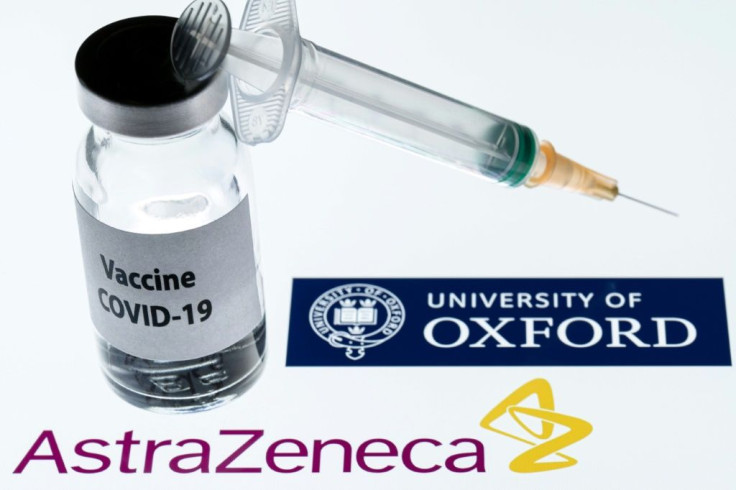Why AstraZeneca Is Teaming Up With Russia's Sputnik-V On COVID-19 Vaccine
KEY POINTS
- Both vaccines employ methodology different from Pfizer/BioNtech and Moderna
- Russia said its Sputnik-V vaccine has a 96.2% efficacy rate
- AstraZeneca’s vaccine could be easier to store and transport
British pharmaceutical company AstraZeneca said Friday it could collaborate with Russia on a combination vaccine for COVID-19, seeing it as a potential boost for long-term efficacy.
Russia’s COVID-19 vaccine, dubbed Sputnik-V, relies on the DNA from a non-developed virus, or an adenovirus, a practice first developed in the 1950s. Other vaccines under review rely on messenger RNA, a novel approach for drugs meant to combat viral infections.
AstraZeneca, which faced setbacks following technical issues with its clinical trials, also based its vaccine on adenovirus research. The company said Friday it was wondering if collaboration with the Gamaleya Institute, the Russian entity steering vaccine development, could improve the overall performance of their inoculations.
“Being able to combine different COVID-19 vaccines may be helpful to improved protection and/or to improve vaccine accessibility,” AstraZeneca said in a statement published Friday by CNBC. “It is also likely that combining vaccines may lead to improved immunity over a longer period of time.”
Russia said there were no adverse events associated with its research trials, though some receiving doses reported pain at the injection site and flu-like symptoms. On the adenovirus method itself, it said the vaccine “completely eliminates the possibility of getting infected as a result of vaccination while also causing the body's stable immune response.”
Russian news agency Tass reported Thursday that further studies found its vaccine was more effective than initially thought. Data show Sputnik V has an efficacy rate of 69.3% on the first dose and 96.2% on the second, an improvement from its previous estimate of 95% for the final efficacy rate.
On Tuesday, AstraZeneca said its vaccine was 70.4% effective at preventing COVID-19 symptoms more than 14 days after a patient receives both doses of its vaccine.
Collaboration with Russia could boost the appeal of its vaccine.
On Wednesday, Dr. Richard Horton, the editor-in-chief at The Lancet, which published the latest results from AstraZeneca, told CNBC the adenovirus-based vaccine could be more effective than mRNA-based vaccines because it’s easier to store.
Messenger RNA vaccines from the likes of Pfizer/BioNTech and Moderna require storage in extreme cold to remain viable.

© Copyright IBTimes 2025. All rights reserved.





















